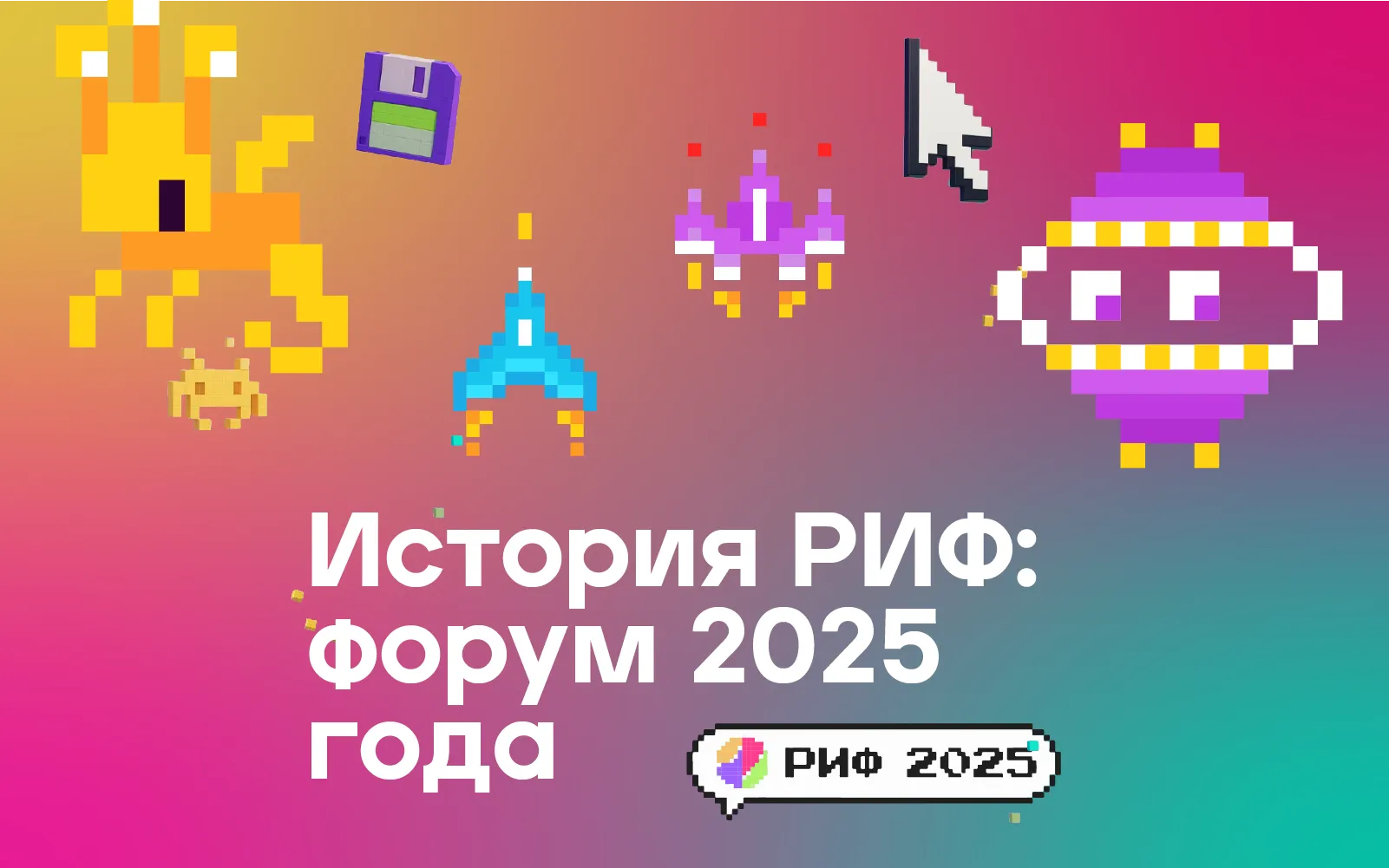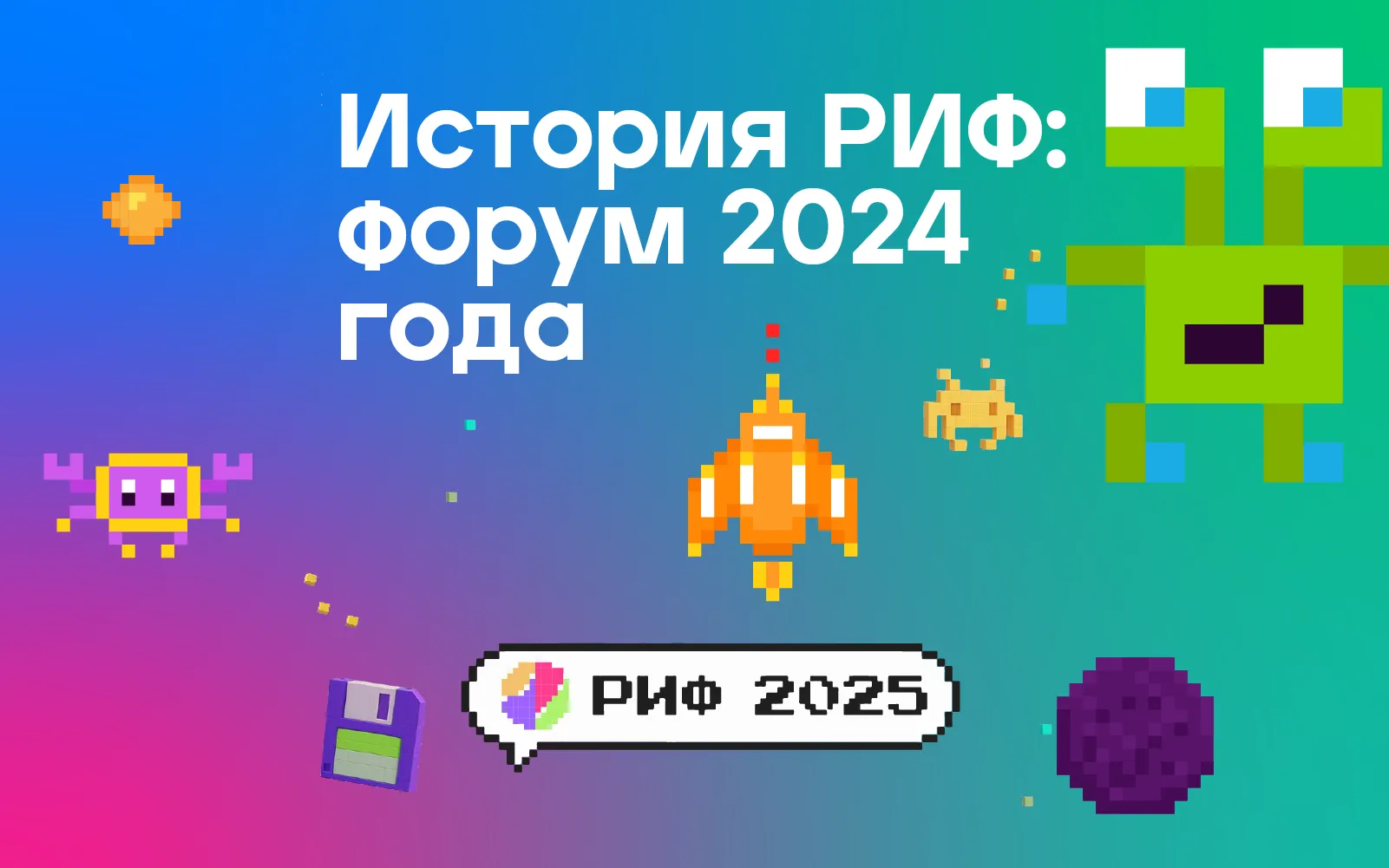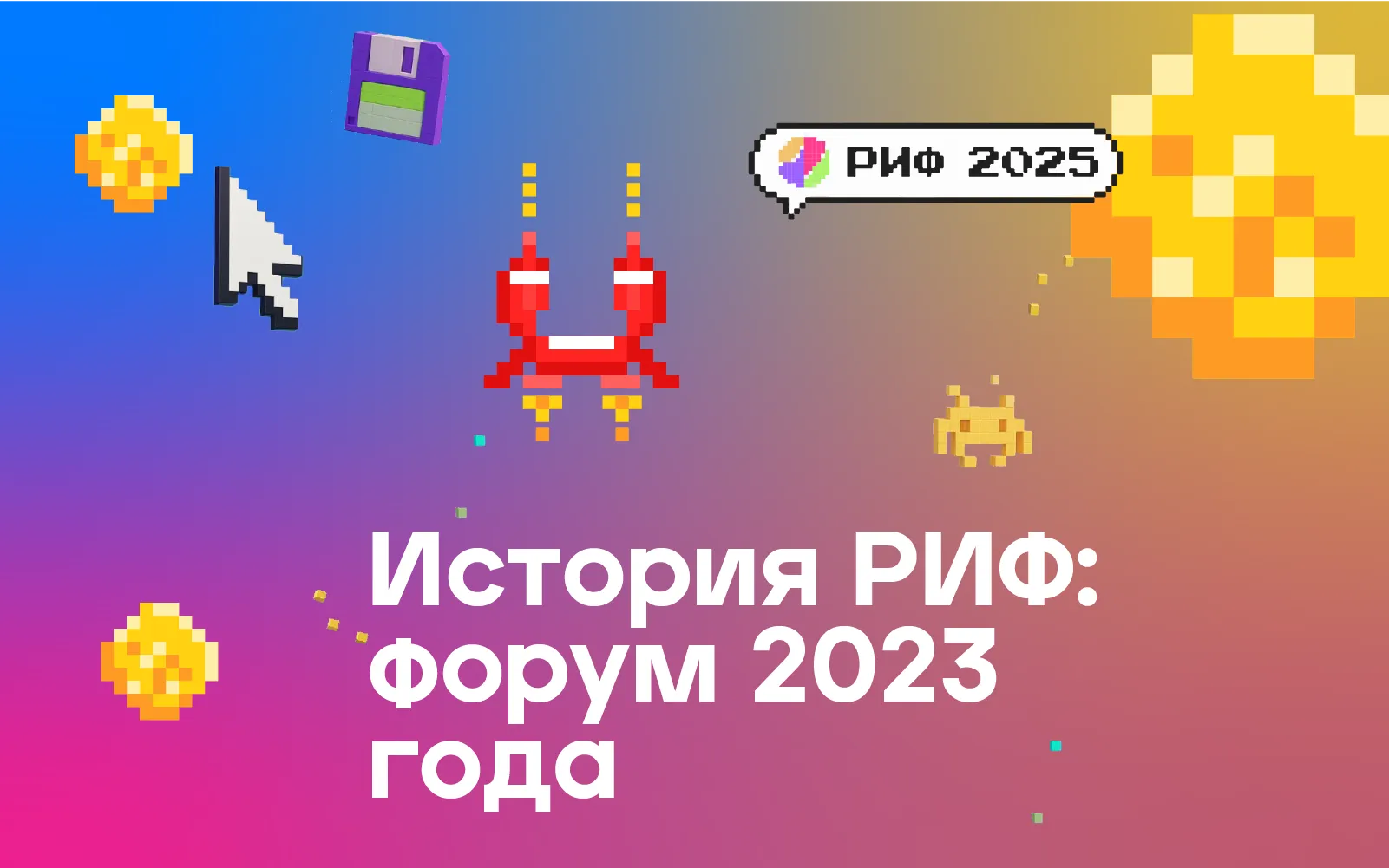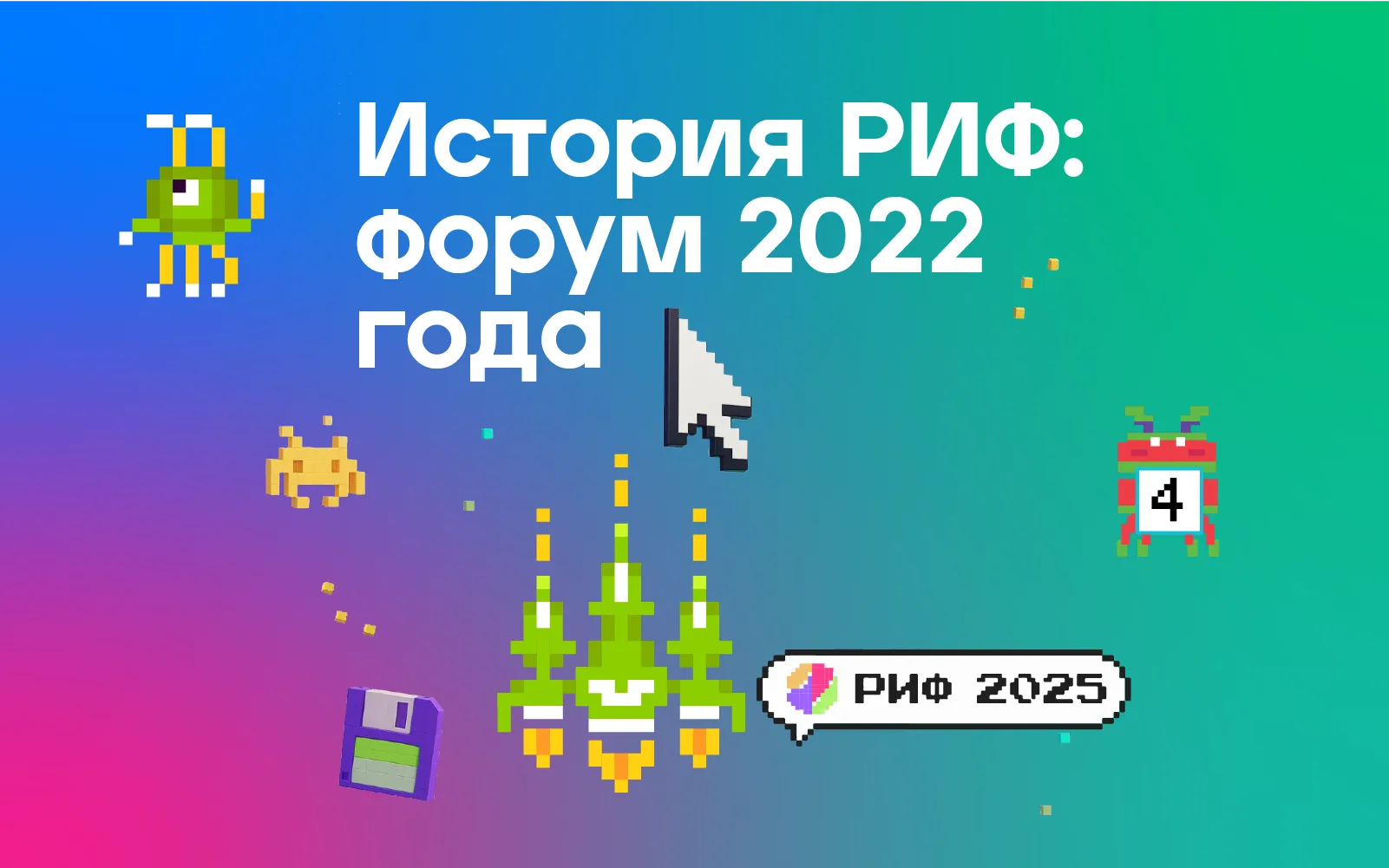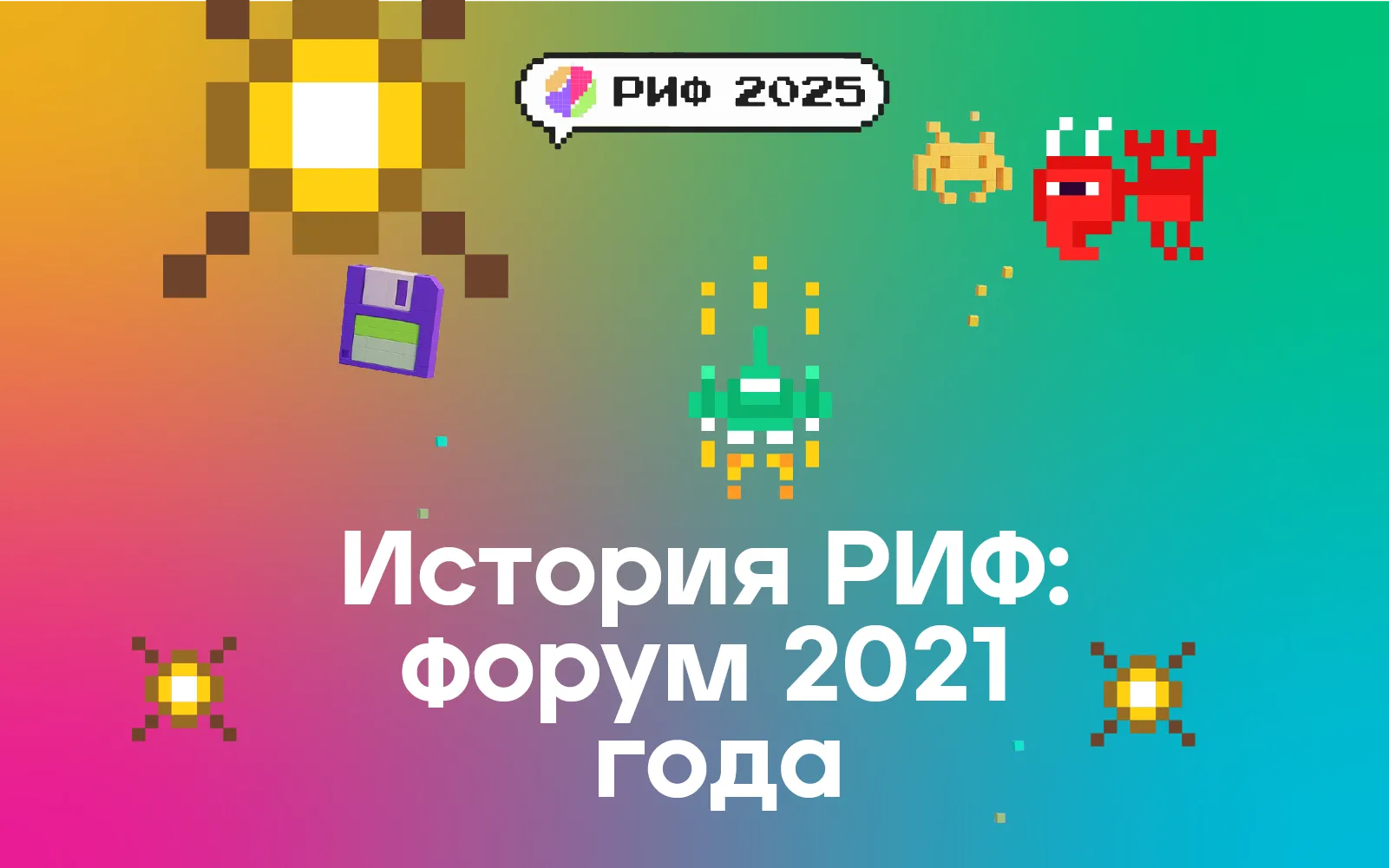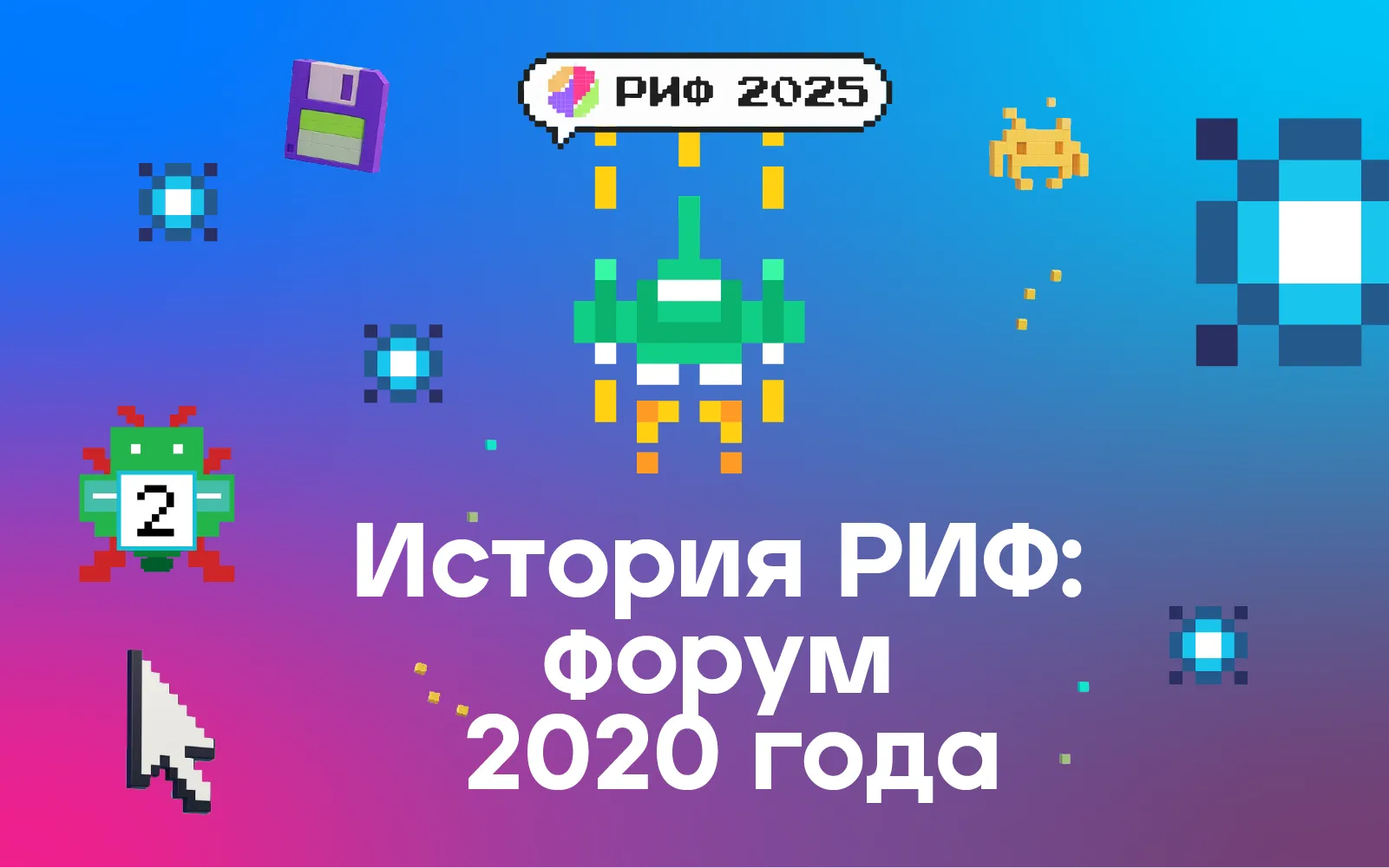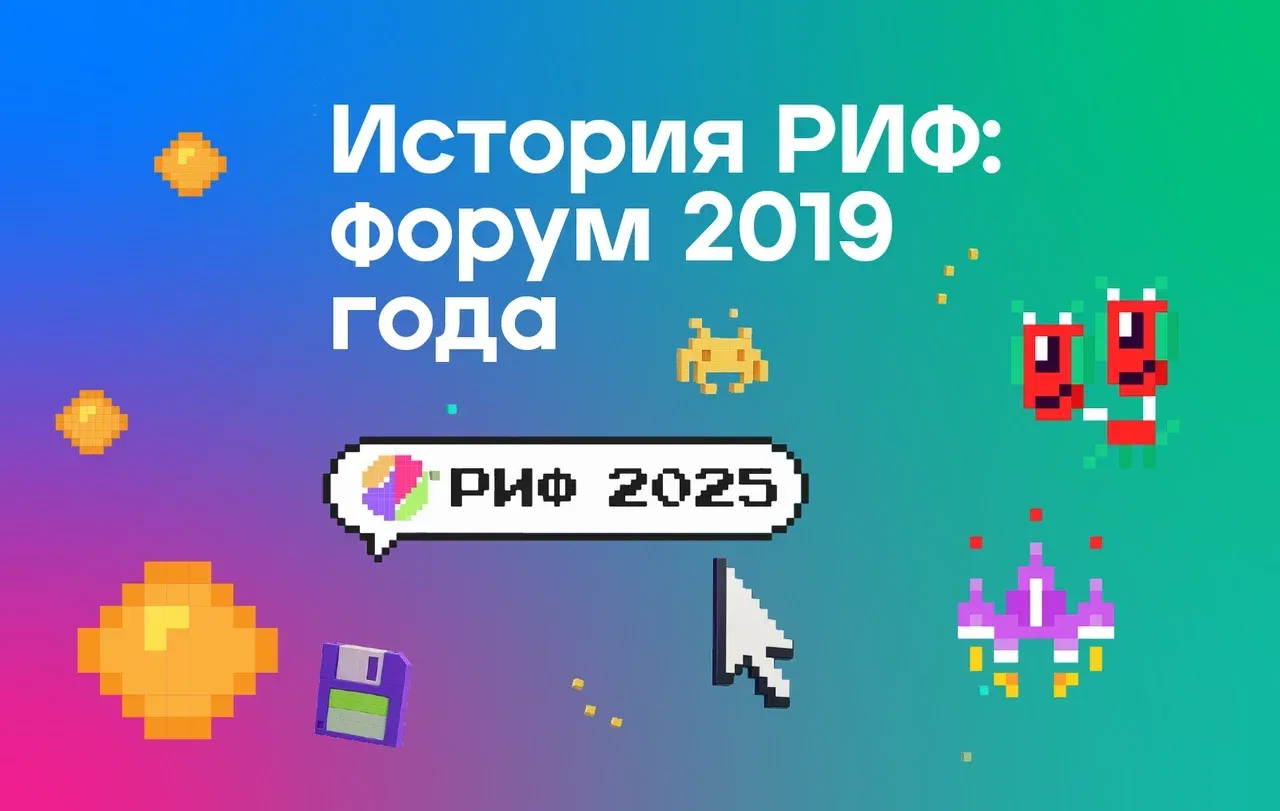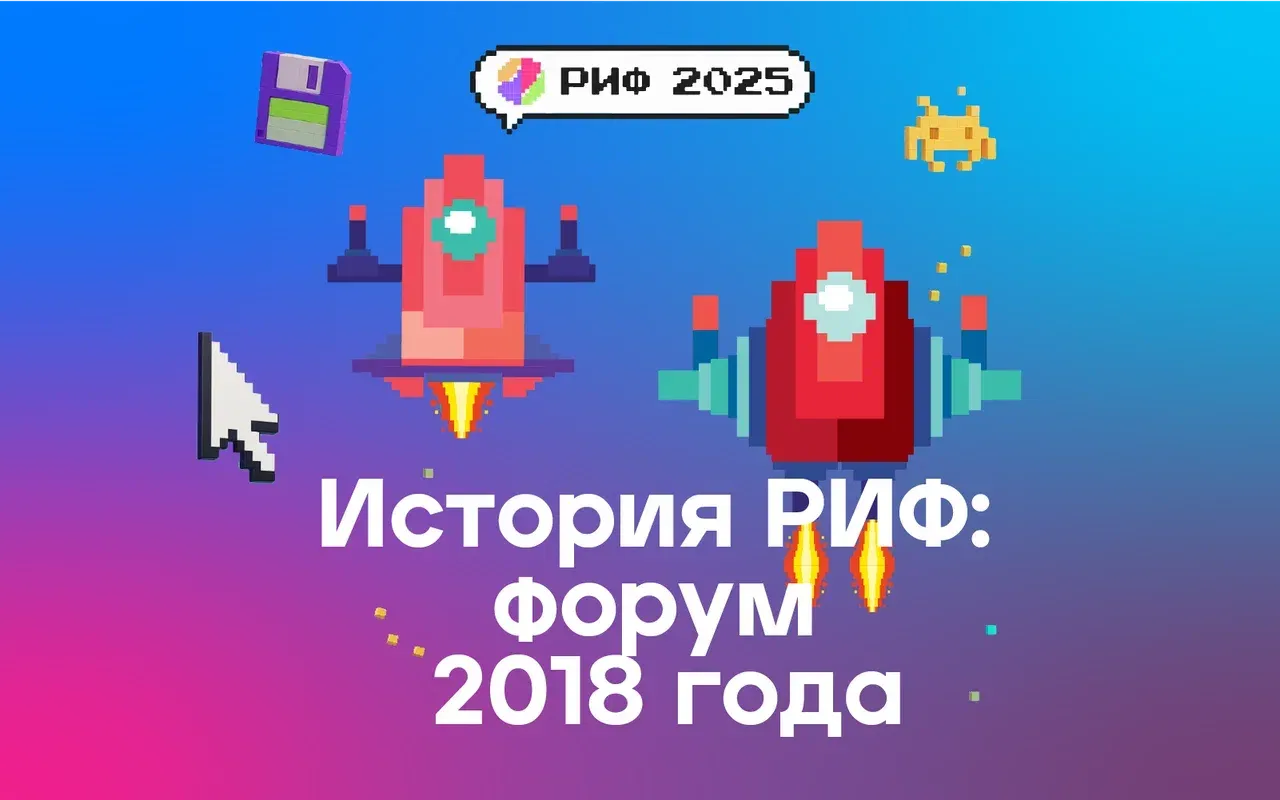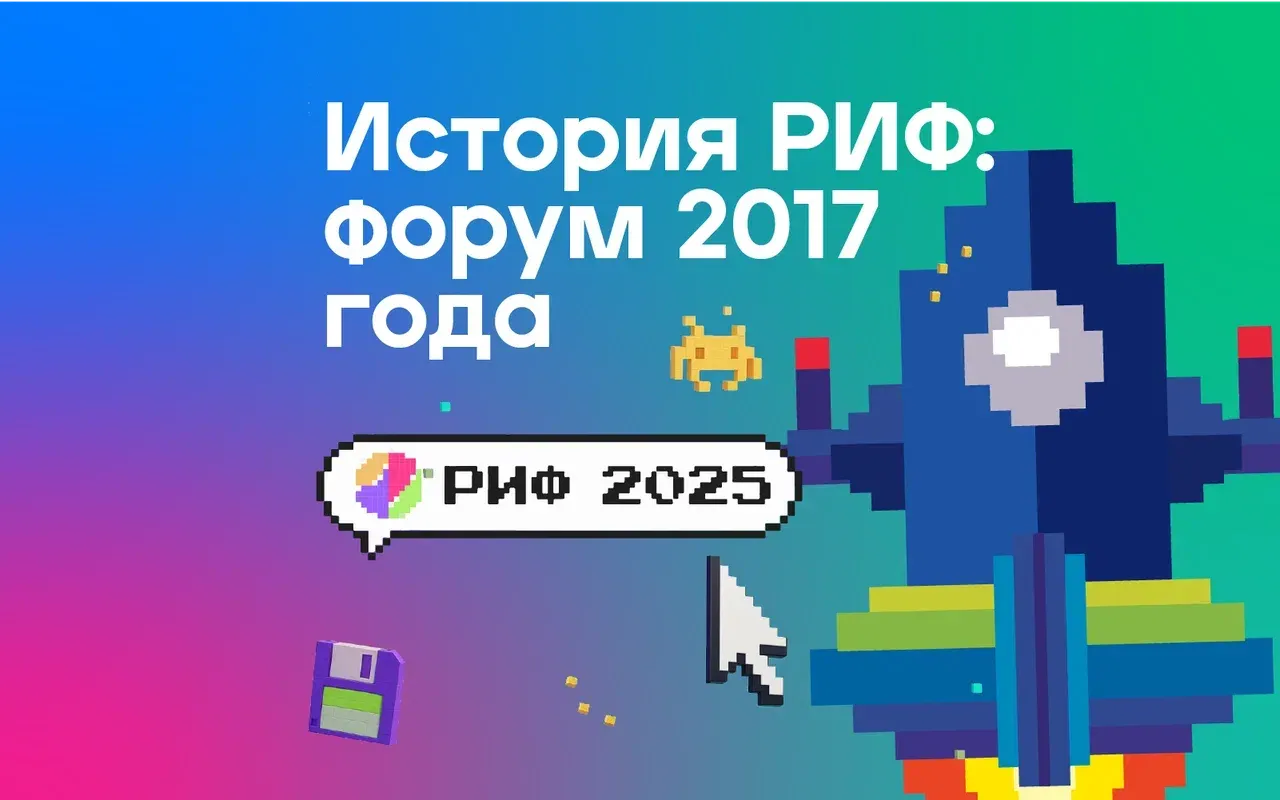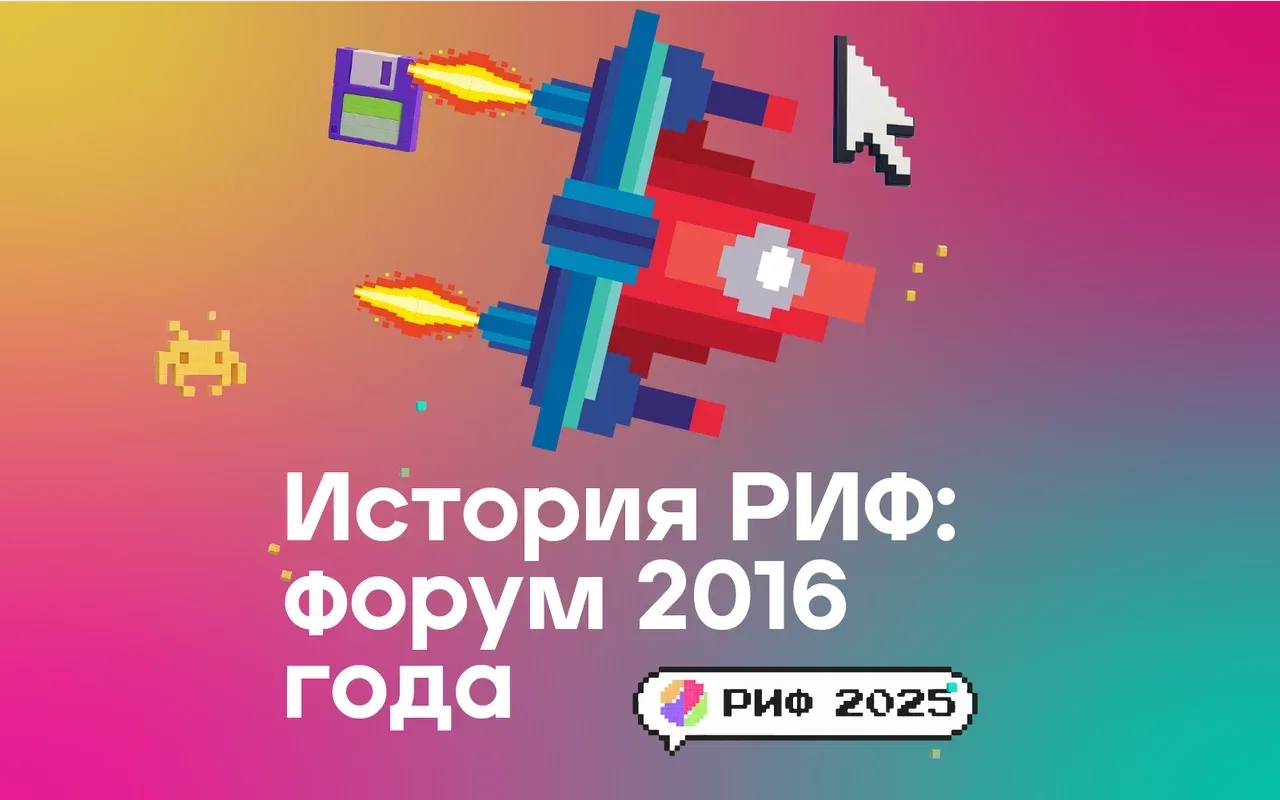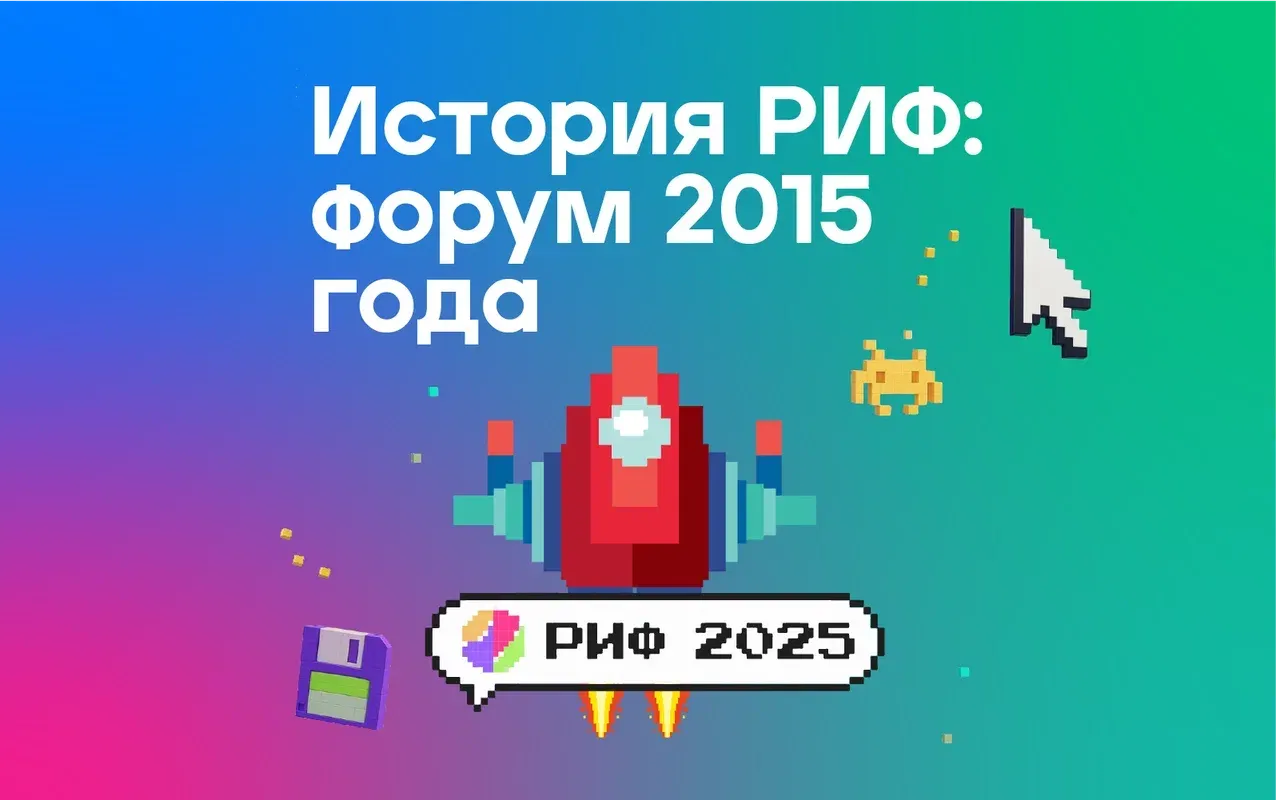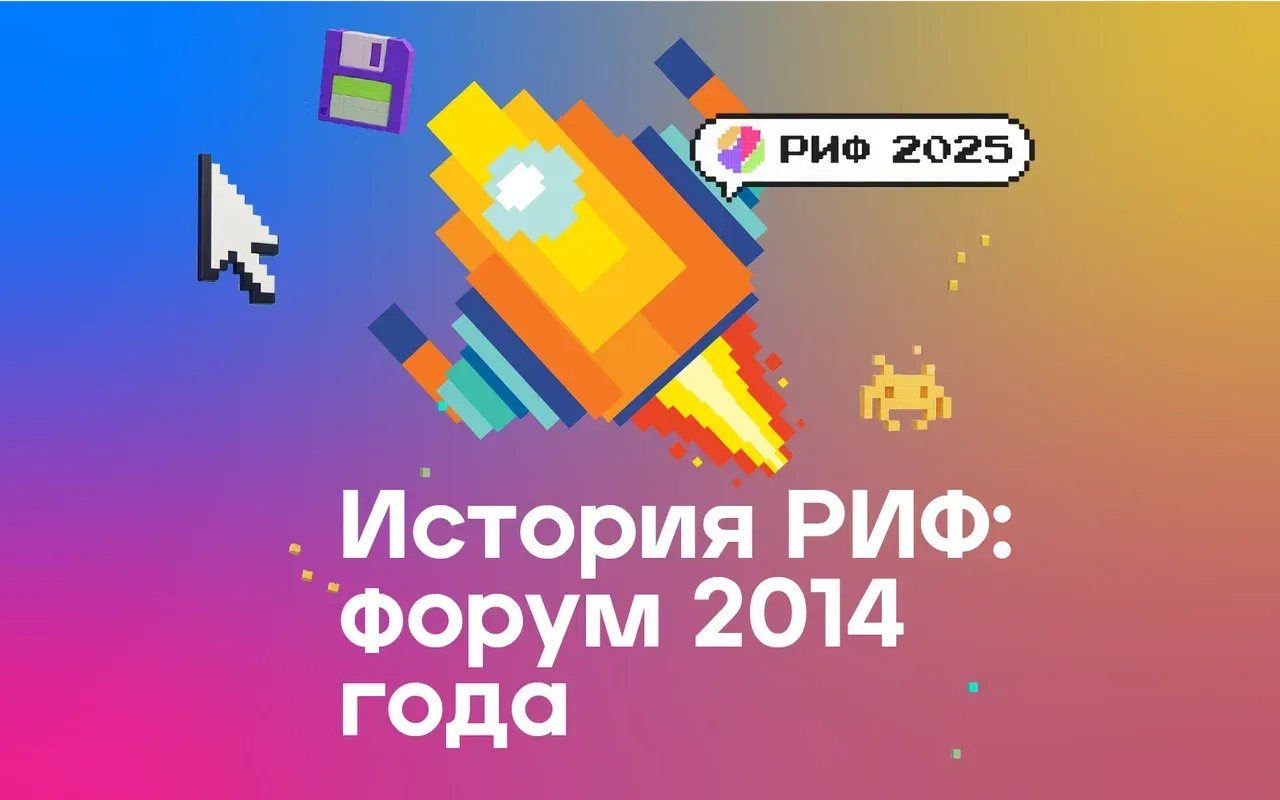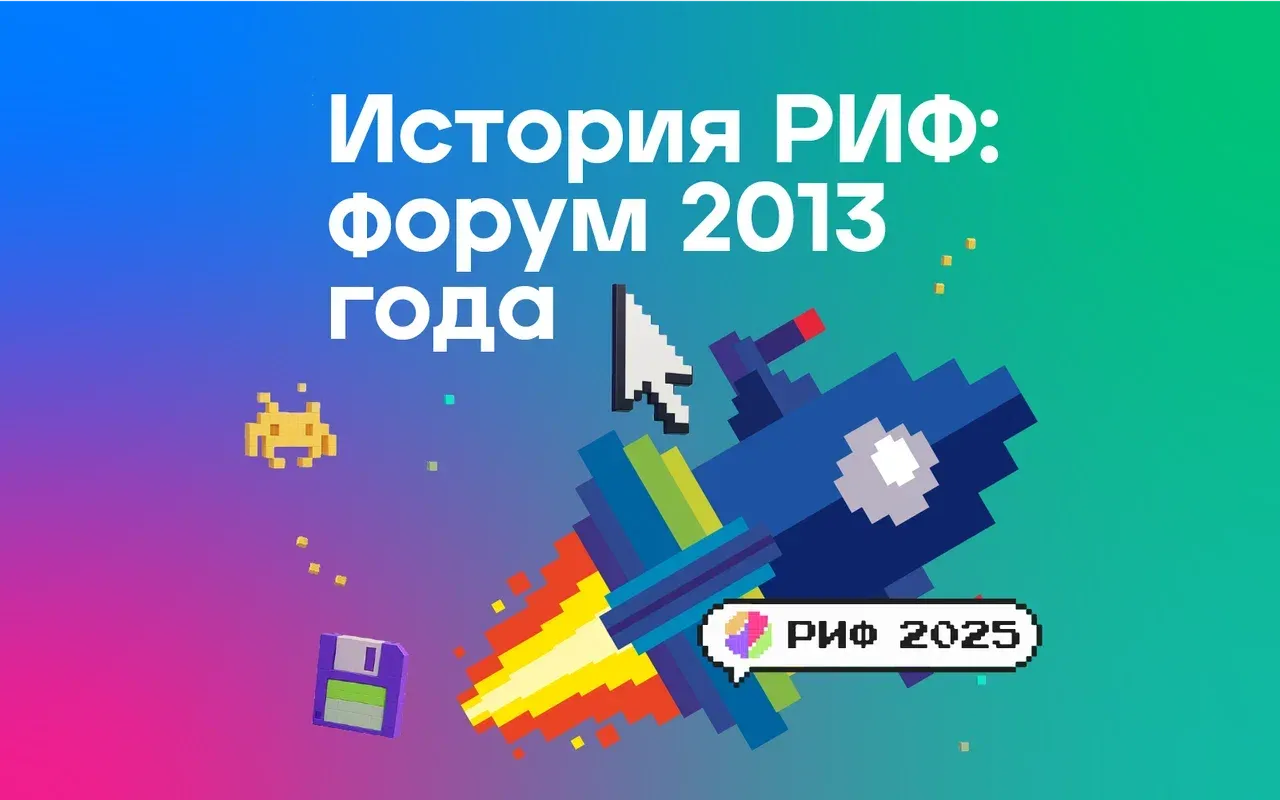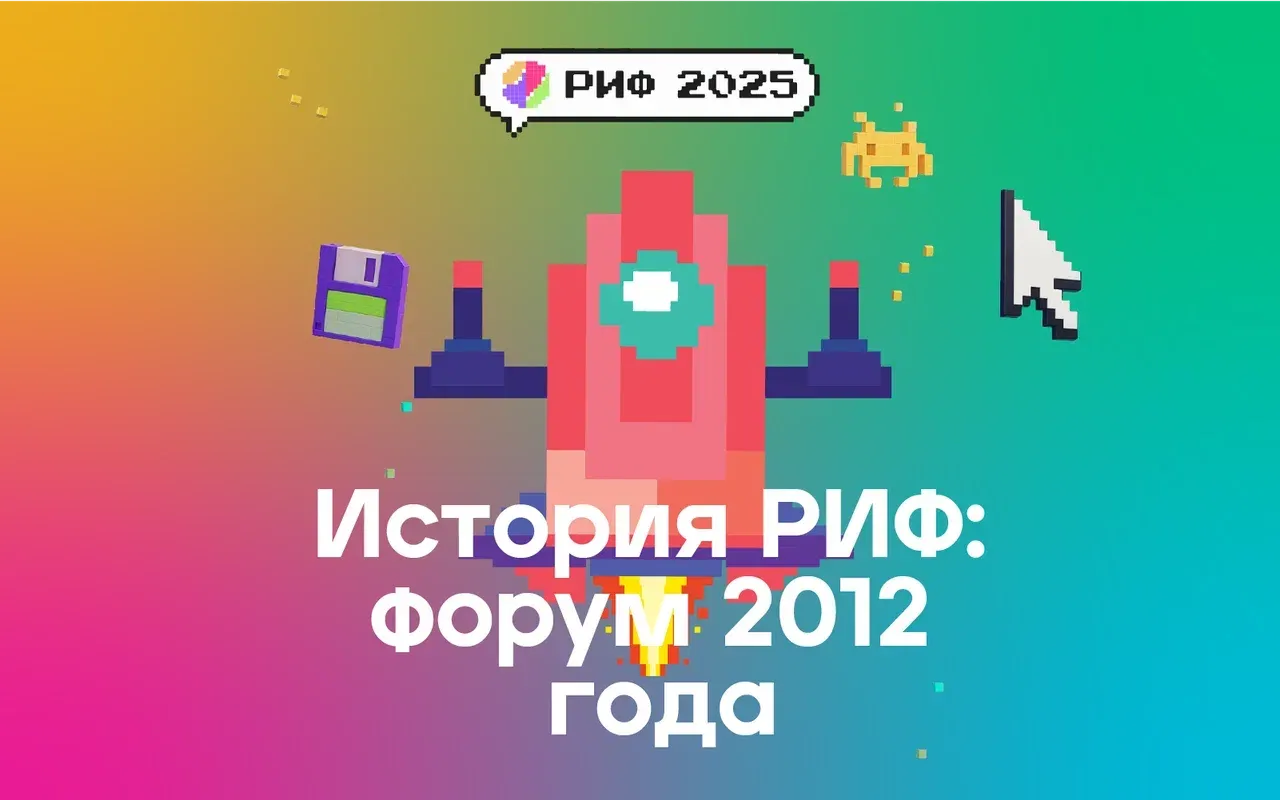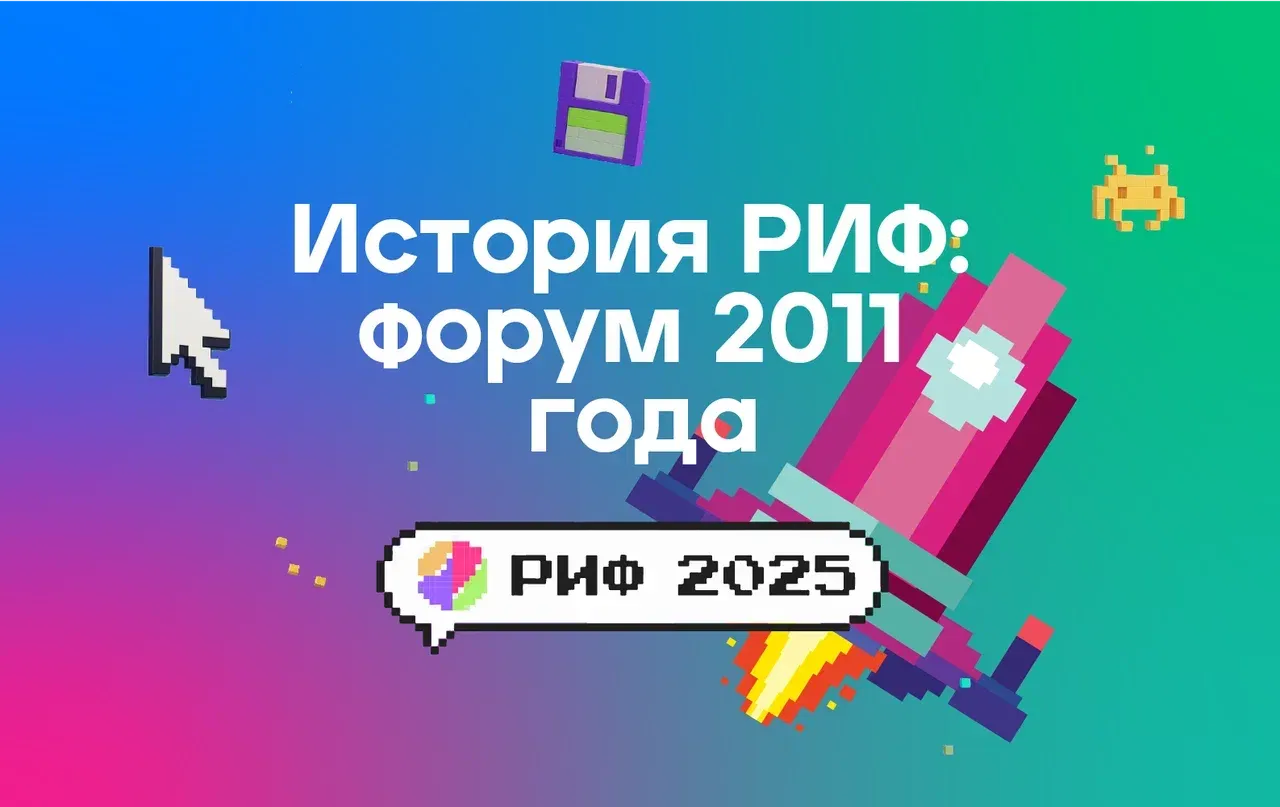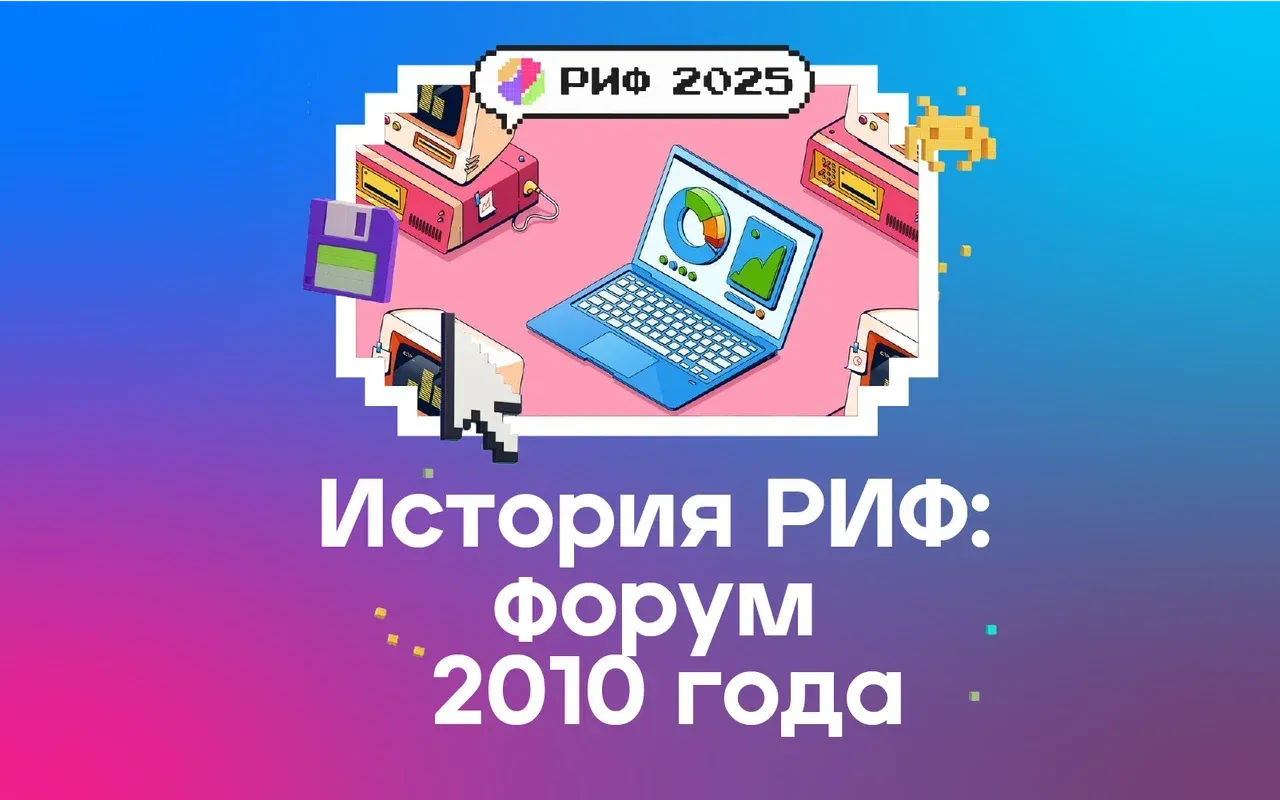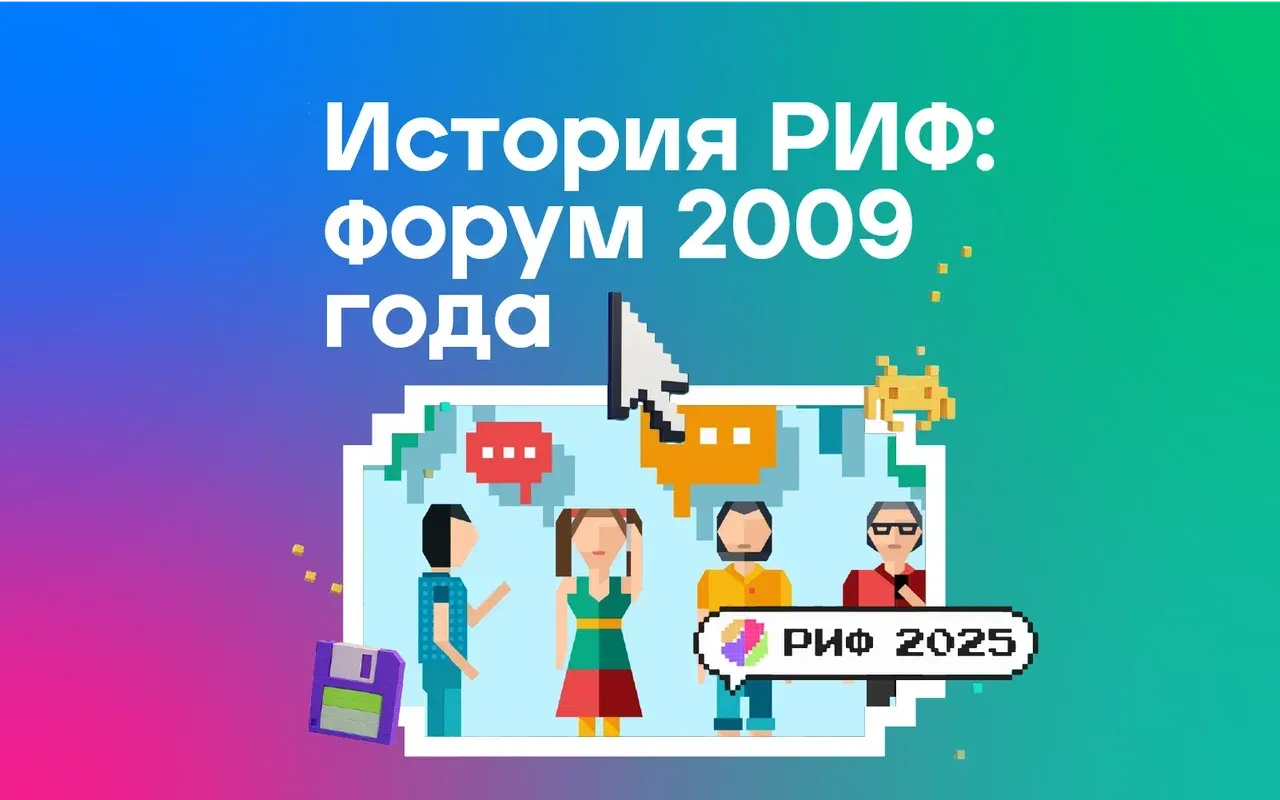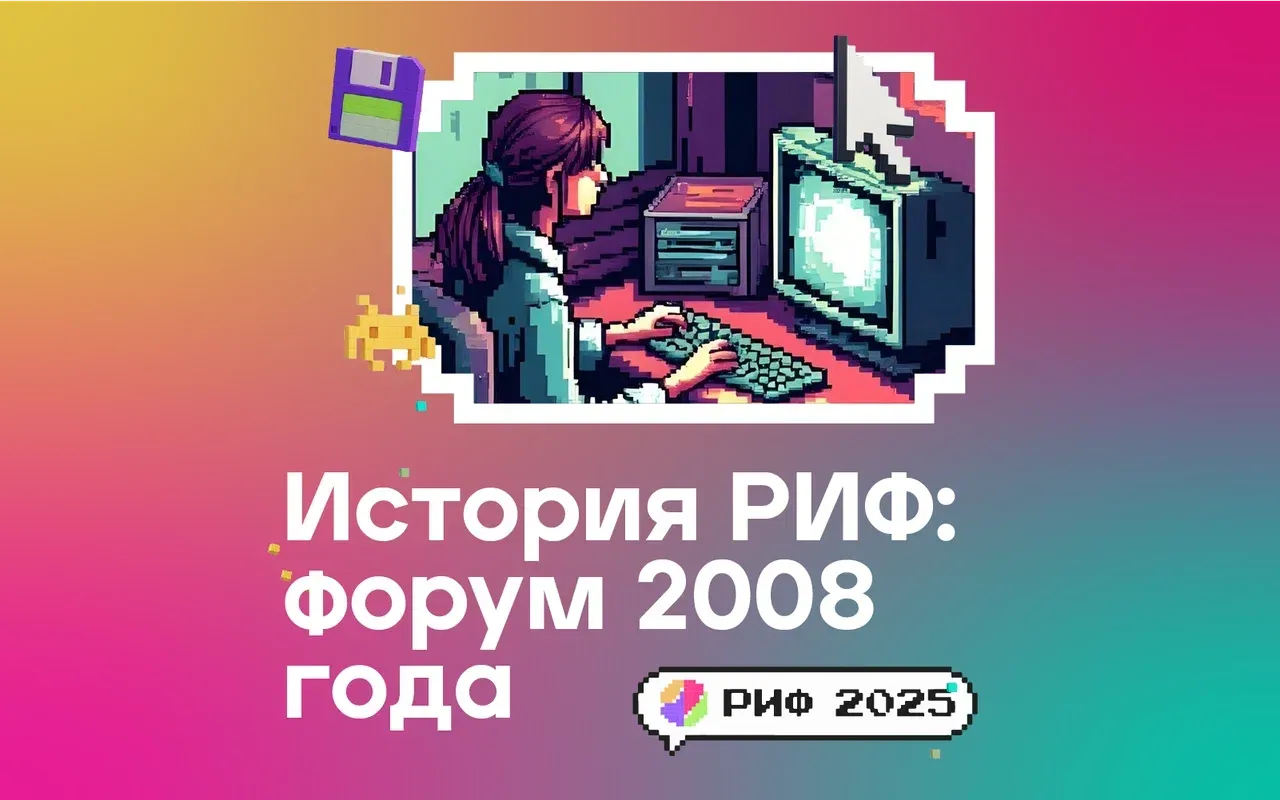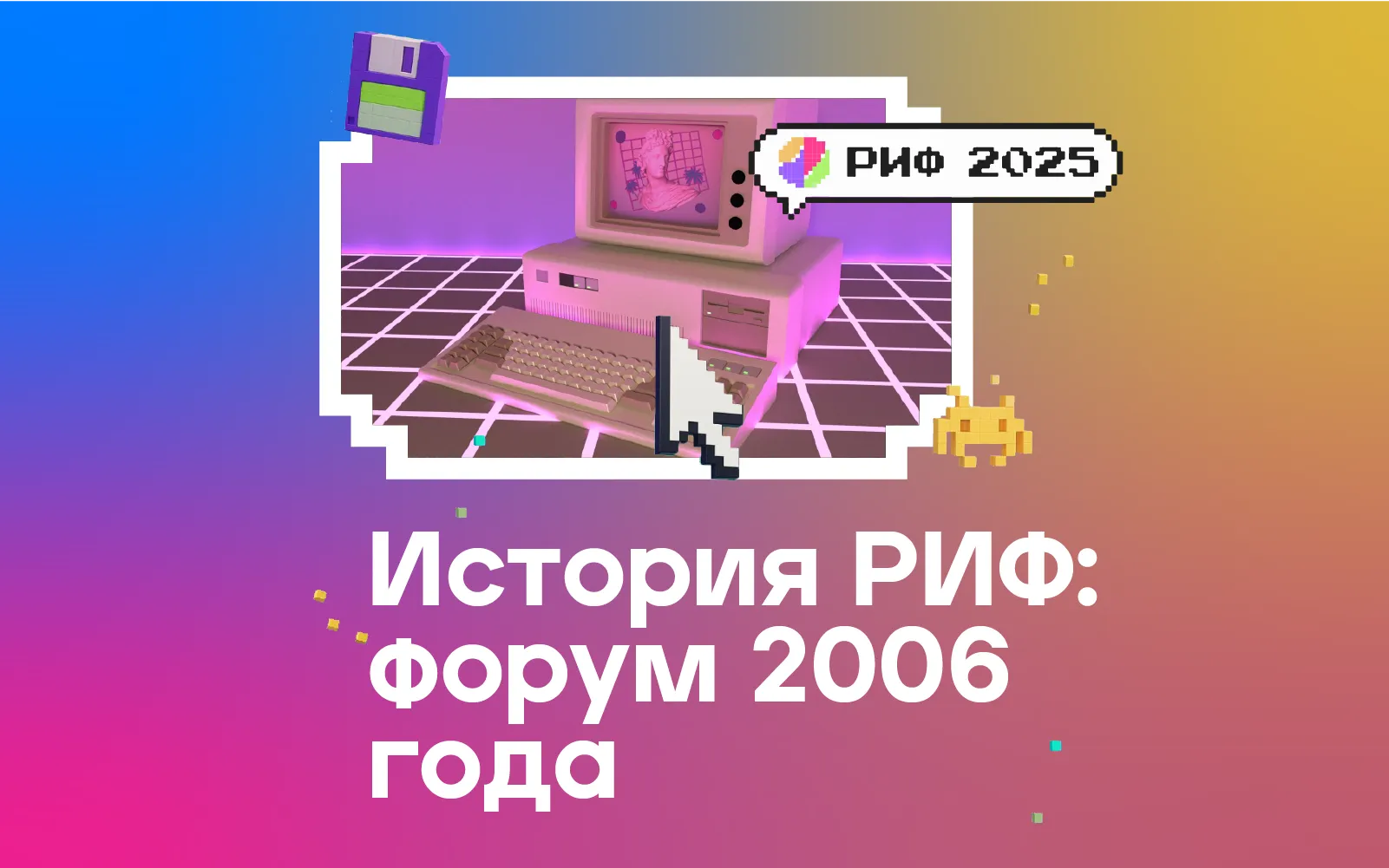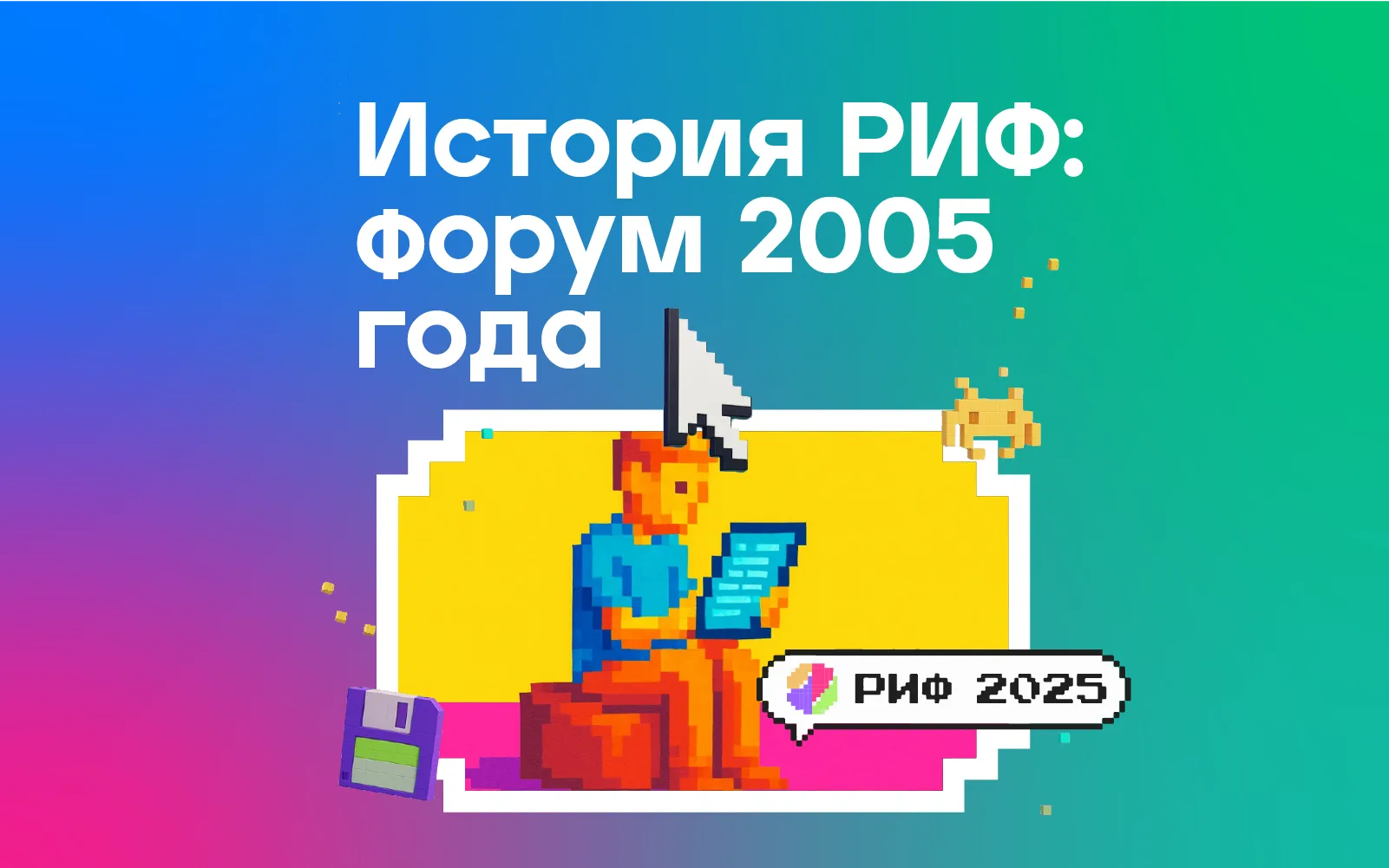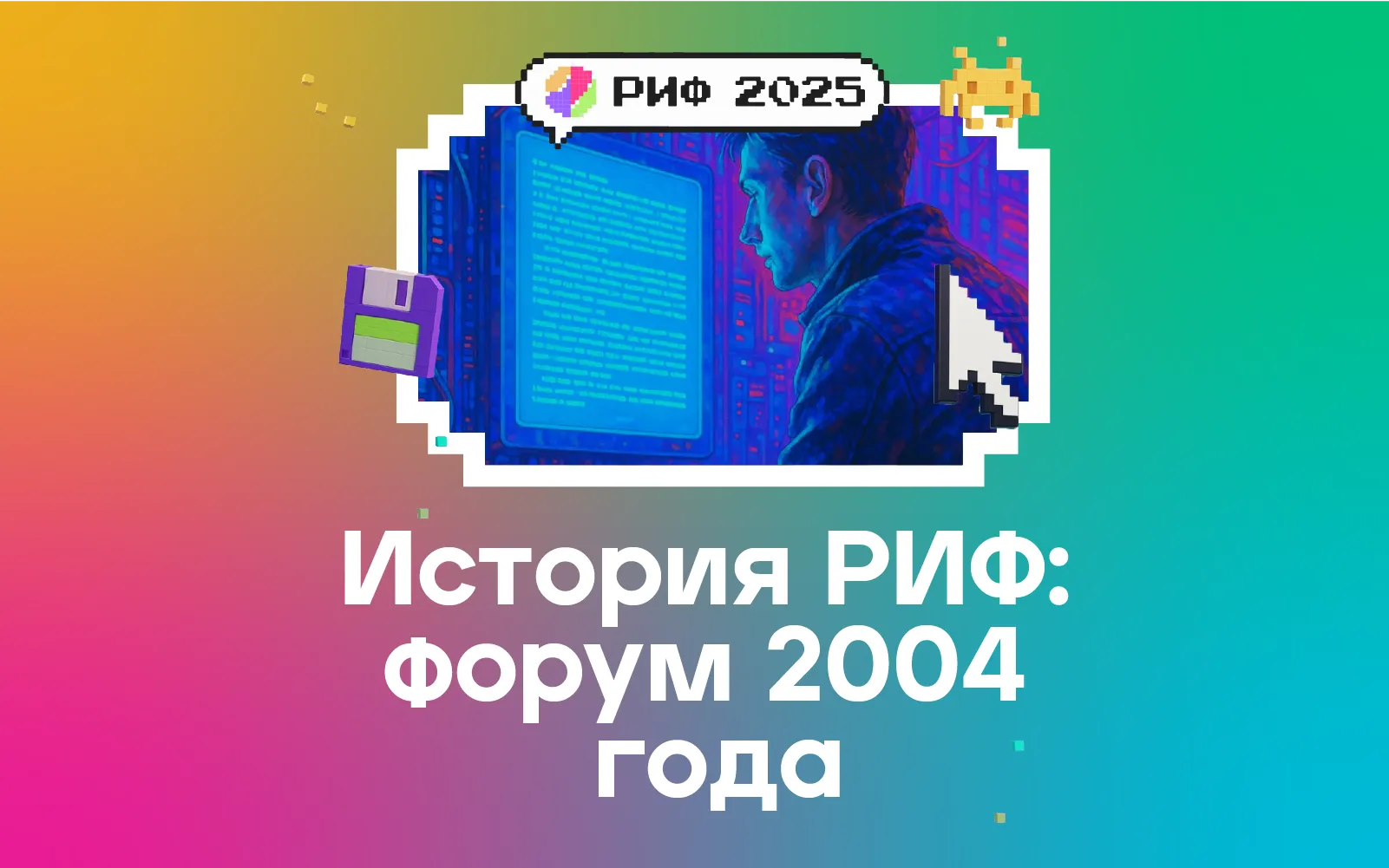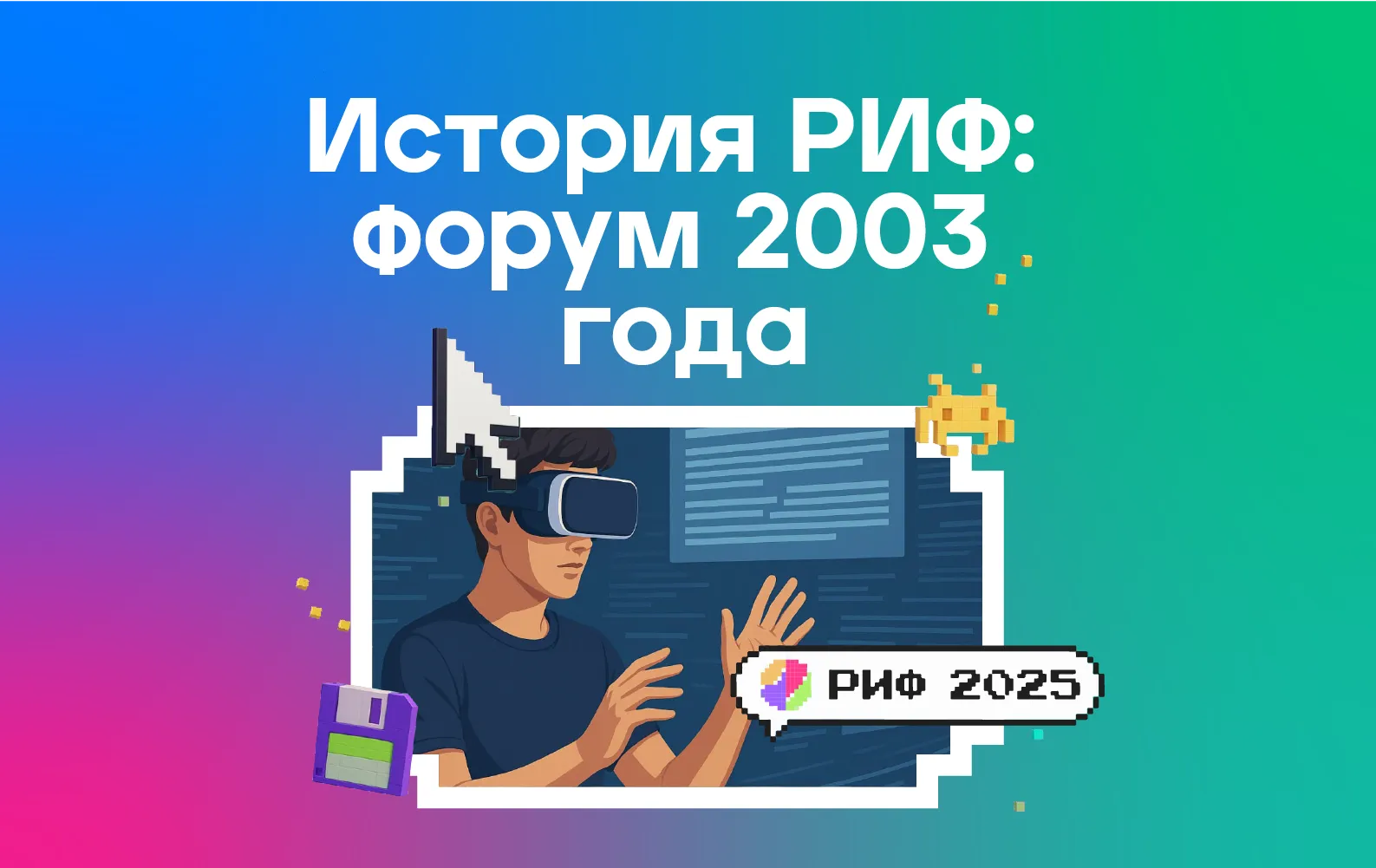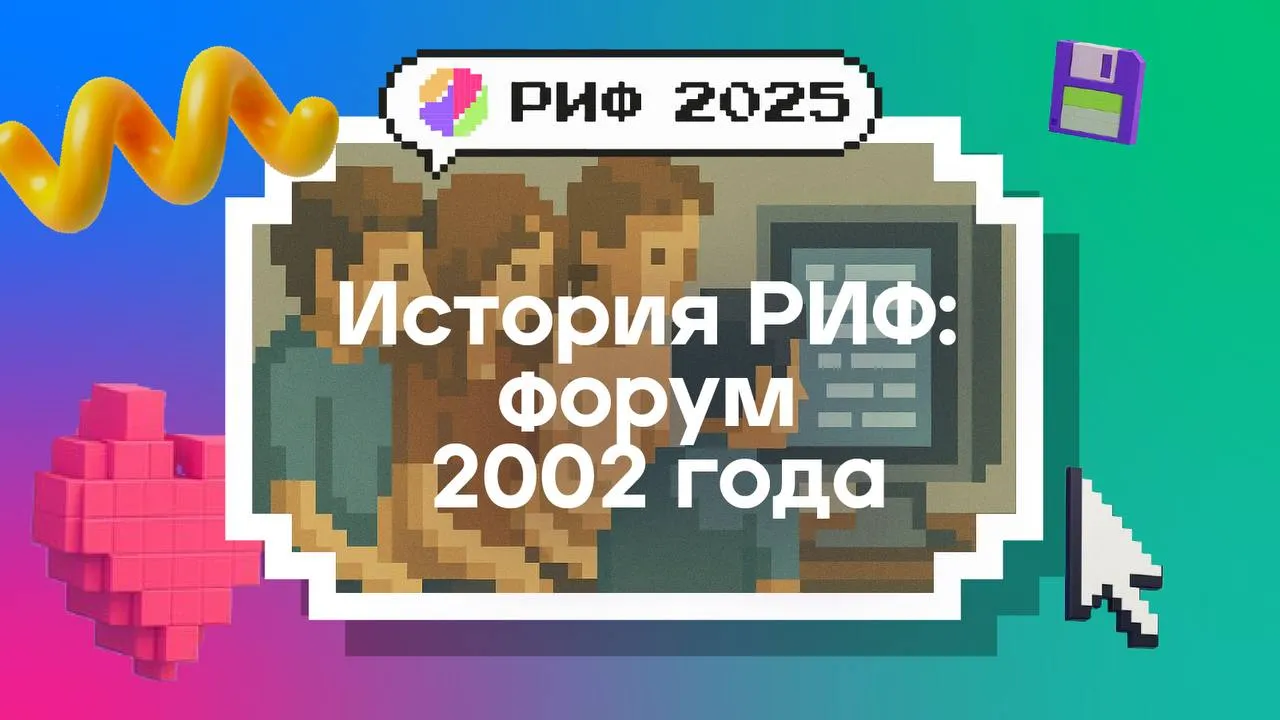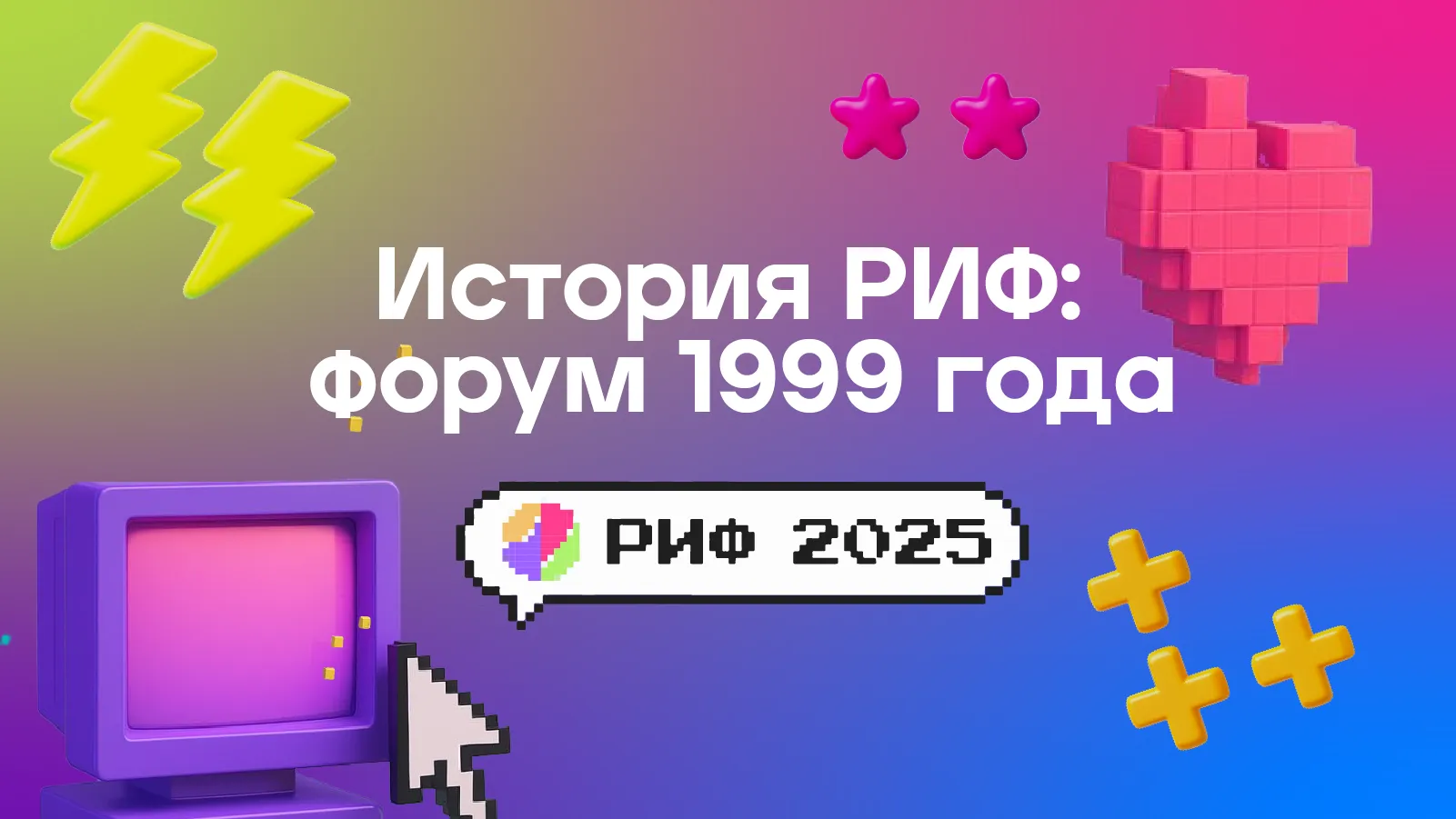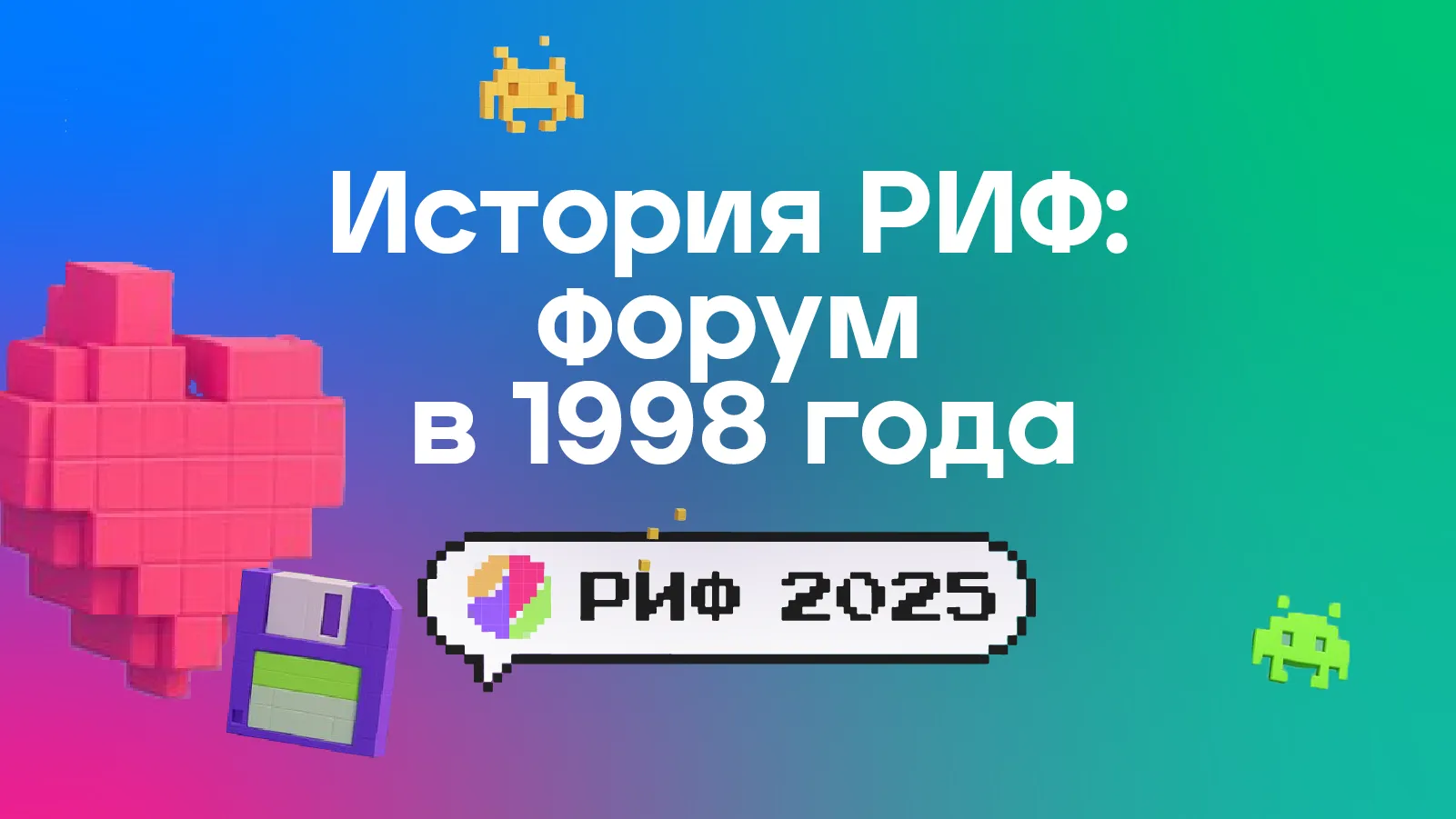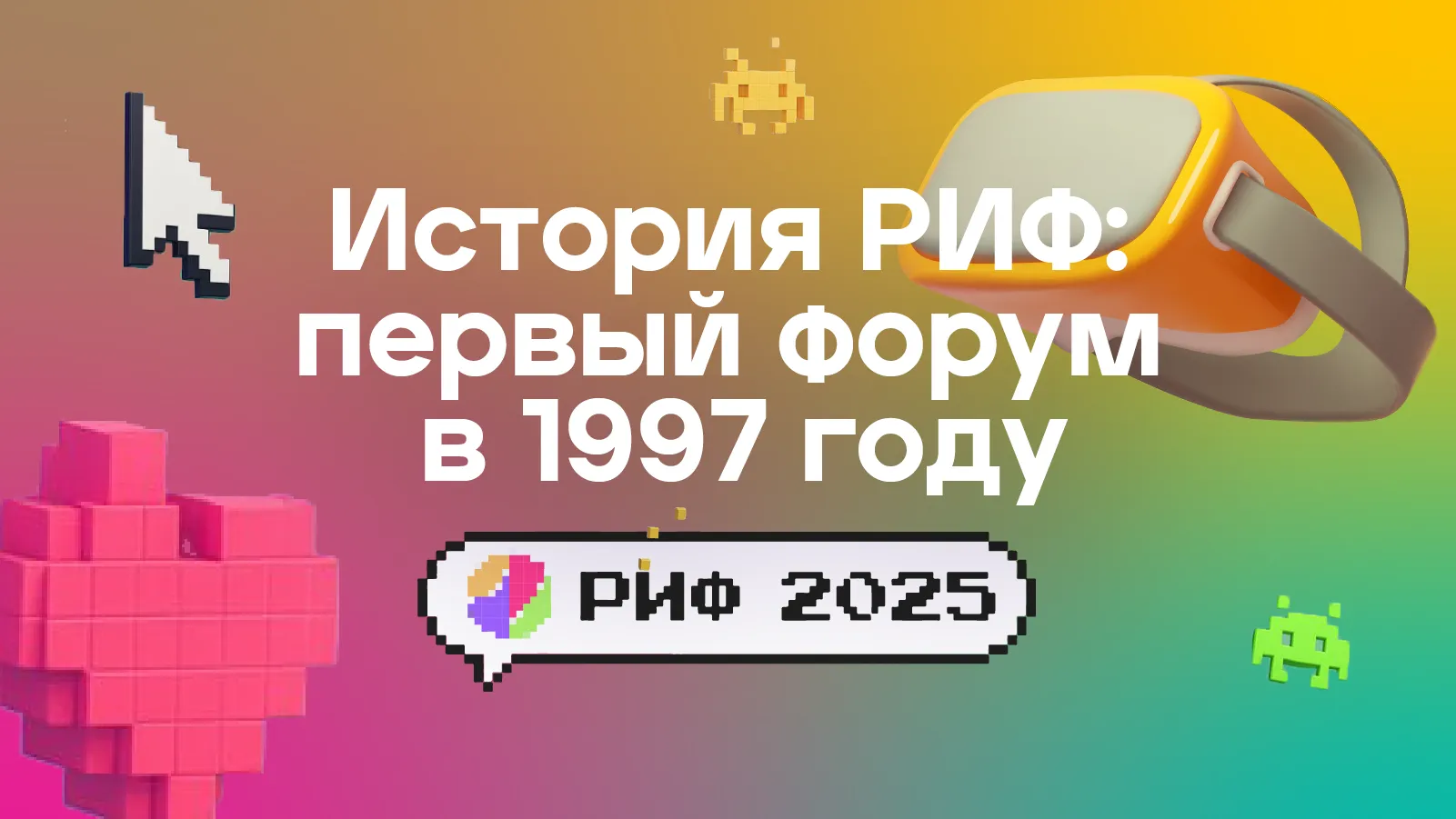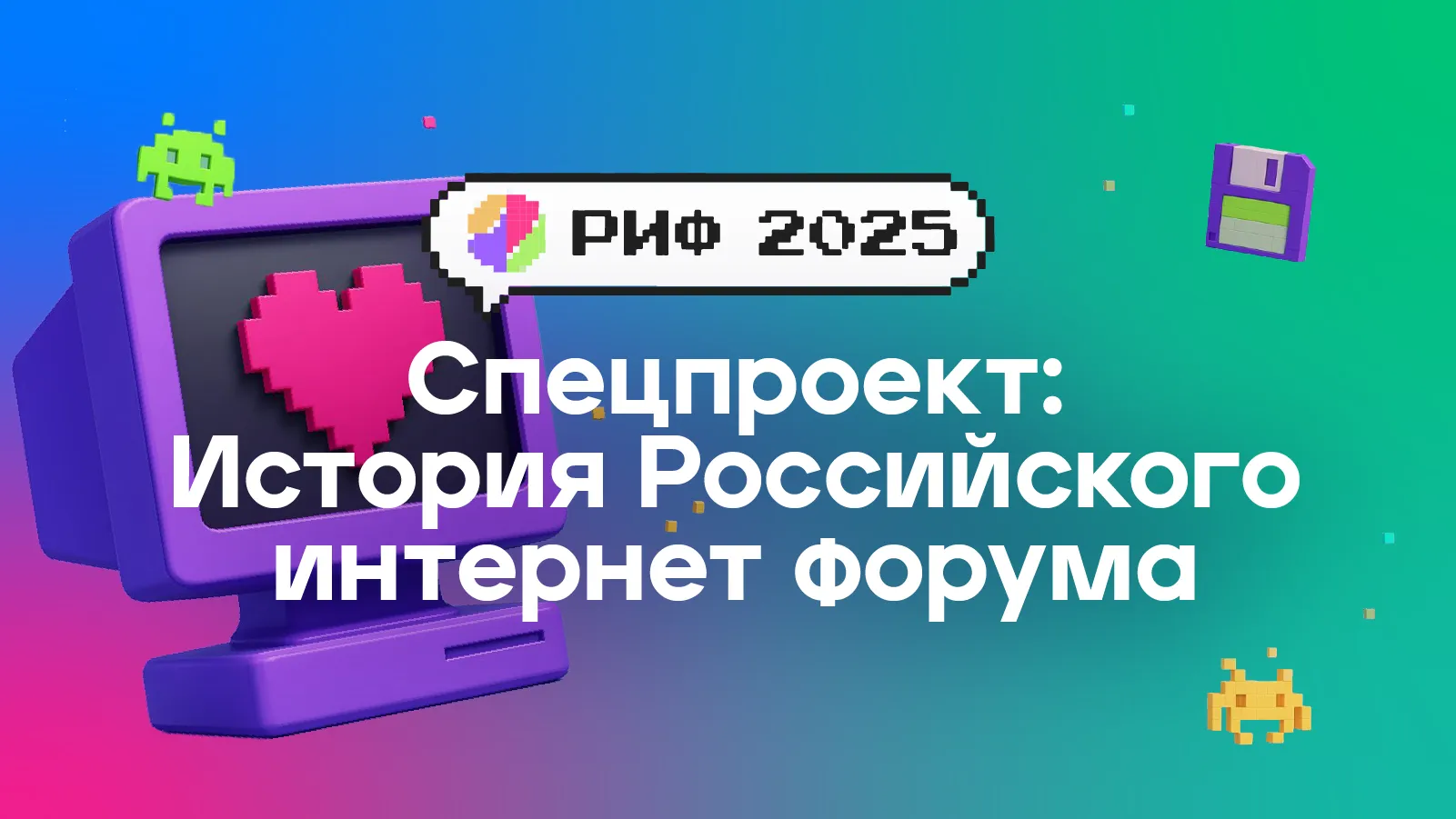RIF 2007: Interesting Times
The eleventh Russian Internet Forum, held on April 5–7 at the Lesnye Dali resort, adopted a new format and drew a record crowd of more than 2,200 participants from Russia and abroad, representing 373 companies. The event coincided with April 7, traditionally celebrated as Runet Day—an occasion that doubled as a lively festival.
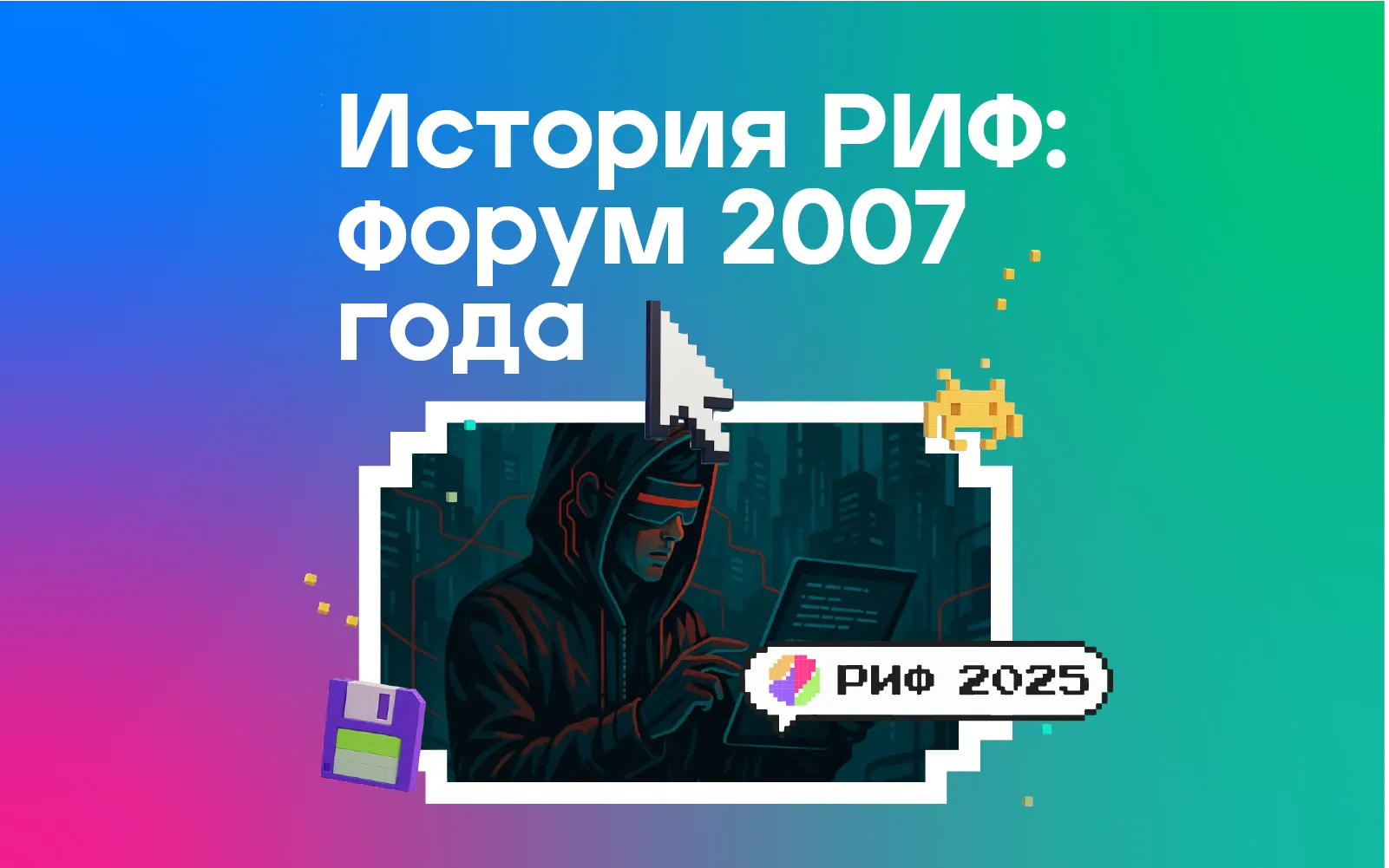
Taking Stock
At the plenary session, Sergey Mironov, Chairman of the Federation Council of the Russian Parliament, greeted participants via video. The opening also featured organizers, ITAR-TASS, and the Ministry of Information.
Key milestones of the past year included online conferences hosted by President Vladimir Putin and Deputy Prime Minister Dmitry Medvedev; adoption of a new advertising law; legalization of the secondary domain market; the growth of Wi-Fi technologies; creation of the Russian Association for Electronic Communications (RAEC); and the third National Runet Award.
The year’s mainstream trend was the success of online media. Russia’s internet audience reached 26 million in 2006, with forecasts of another 3 million in 2007.
Section titles highlighted urgent themes: “Blogs as Business,” “Internet Advertising—What Does the Future Hold?”, “Digital TV and VoIP Technologies,” “Broadband and Wireless Access: Problems and Prospects,” “Stock Market on the Internet: How Can Private Investors Profit?”, “Internet Media: Order or Chaos?”, and “Talent Shortages in the Internet Industry: Myth or Reality?”
Around 50 sessions, seminars, roundtables, and workshops ran in five or six parallel tracks, often forcing tough choices. An exhibition was staged in the hotel lobby.
On April 7, the All-Russia Internet Marathon kicked off again, covering all seven federal districts. Stops included Khabarovsk, St. Petersburg, Khanty-Mansiysk, Yaroslavl, Yekaterinburg, Krasnodar, Samara, Togliatti, Kaliningrad, Vladivostok, Omsk, Tomsk, and Novosibirsk.
The RIF’07 program capped each session at one hour, boosting the number of events to 30. The new service RIF-Connect encouraged networking.
The forum wrapped up with a corporate-style celebration of Runet’s 13th anniversary: a concert, banquet, contests, prize drawings, and even swimming in a water park. Attendees enjoyed saunas, jacuzzis, and parties under April snow.
One in Eight
The regional marathon became one of RIF’s strongest assets. It offered both a diagnostic of Russia’s internet landscape and a vehicle for promoting online business nationwide. Analysts concluded that one in every eight Russians was now an internet user.
The sessions reflected 2007’s hot-button issues. “Internet and Copyright: Who Is Stronger?” sought balance between rapid IT development and slow-moving legislation. “An Ethical Internet—Cure for the Dangers of the Web or Unnecessary Restraint?” examined digital self-restraint. Many supported the debate, noting that IT circles often ignored ethical dimensions.
A section on distance learning explored teacher training and the business models of online education.
“Search Engine Marketing” presented studies of Runet traffic, measuring advertising effectiveness and introducing early technologies for personalized ads and fast-feedback campaigns.
A Bombshell Letter
What set RIF’07 apart was its direct appeal to Russia’s internet community and the release of a final resolution calling for a fundamental reset in relations with government. Despite regular government participation at RIF, the document urged all industry representatives to present six specific proposals to officials.
The top priority was to revise or postpone the Fourth Part of the Civil Code on intellectual property, due to take effect in early 2008.
Second was to organize seminars for state officials to explain Runet’s challenges and develop a shared vocabulary—its absence, participants argued, made communication between industry and government unnecessarily difficult.
Third was to lower or cancel VAT on internet advertising and e-commerce until 2015, to attract investment and enhance competitiveness of Russian IT companies.
The remaining proposals called for promoting remote work, modernizing state training programs, and involving the internet community in evaluating draft regulations.
The eight-page document amounted to the birth of a powerful IT lobby, defending both users and businesses. It reflected years of turbulence—two crises, six prime ministers, and the departure of three major players who boycotted RIF and held their own business conference. These conditions, it seemed, were needed for online business to articulate its position clearly.
Experts noted the absence of formulaic “spells” often found in public appeals: no quotes from top leaders, no references to national projects or government contracts, not even the usual phrase about “boosting GDP.”
Skeptical participants advised readers of their blogs to “grab popcorn and watch” as events unfolded. Many agreed that Runet had truly entered what the Chinese proverb calls “interesting times.”


